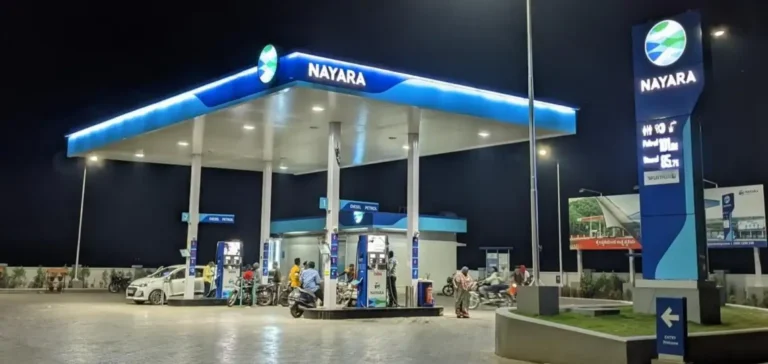Nayara Energy, an Indian refiner partially owned by Rosneft, has altered its payment terms for the sale of a naphtha cargo in a tender issued on Monday. This revision follows the European Union’s release of its 18th sanctions package on Friday, which now includes Nayara.
The new terms require potential buyers to provide either an advance payment or a letter of credit for a naphtha cargo of 33,000 to 35,000 metric tons, scheduled to be loaded between August 14 and 18. This move comes in response to international pressures related to the sanctions imposed on the company by the EU.
The tender is set to close on Monday, with bids valid on the same day. In parallel, Nayara launched another tender for the sale of jet fuel, although the sale of this product remains uncertain, with a trader indicating that the company wished to adjust the payment terms. According to the same source, Nayara has yet to reissue the tender for the fuel.
Rosneft, the major shareholder in Nayara with a 49.13% stake, reacted to the sanctions by calling the measures unjustified and illegal. The Russian company itself is also subject to European restrictions due to its ties with the Moscow government.
European sanctions and impact on operations
The latest EU sanctions package includes several measures aimed at restricting financial and commercial flows from Russia in response to the military aggression in Ukraine. These restrictions specifically target companies with direct ties to the Russian state, including Rosneft, which holds a significant stake in Nayara Energy.
The impact of these sanctions on the energy sector is substantial, with increased scrutiny on international payments and fuel transactions. For Nayara, these adjustments to payment terms are intended to secure transactions in light of growing uncertainties around liquidity and the stability of international business relationships.
Rosneft and Kesani Enterprises: Responses to the sanctions
Rosneft holds a 49.13% stake in Nayara Energy, while a consortium led by the Italian company Mareterra Group and the Russian investment group United Capital Partners also holds a similar stake. Both entities have publicly opposed the EU sanctions, claiming they interfere with the smooth functioning of the global energy market.
Nayara’s complex situation and its shareholders highlight the growing tensions in the global energy sector, where economic sanctions are directly impacting business strategies and transaction modalities. In response, several companies, including Nayara, are being forced to adjust their commercial strategies to maintain operations amid a tense geopolitical and economic environment.






















